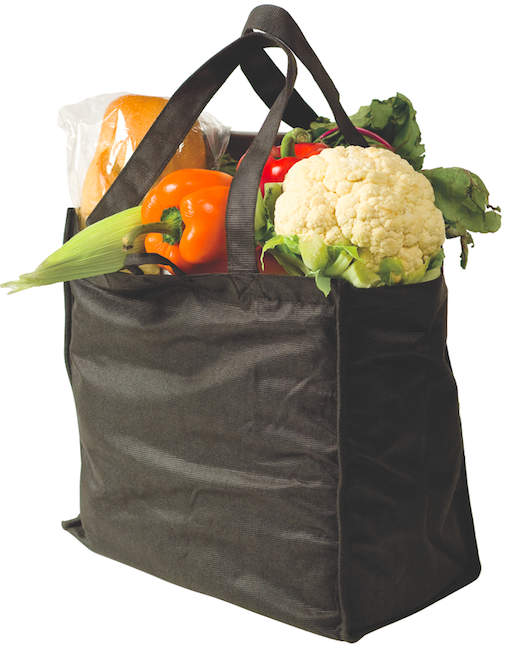Many families anticipate holiday gatherings for months. Such gatherings bring together friends and family members who may not see one another much throughout the year.
Food tends to be plentiful at holiday gatherings, so it should come as no surprise that the holiday season generates a good deal of waste. In addition, energy consumption is high during the holiday season. The United States Environmental Protection Agency says household waste generally increases by 25 percent between Thanksgiving and New Year’s Day – equalling about 1 million extra tons of waste. The Worldwatch Institute states that the same period of time generates three times as much food waste as other times of the year.
Making the holiday season more sustainable does not mean families must give up their cherished traditions. Here are several tips to help make your holiday celebrations a bit more eco-friendly.
· Cut down on packaging. When shopping, seek items that are minimally packaged or shop at retailers that offer package-free products. Packaging accounts for a considerable portion of the trash that ends up in landfills. Shopping at local stores and craft fairs can help you avoid too much plastic packaging.
· Decorate with efficient products. Making a home look festive is part of many families’ holiday celebrations. Opt for LED holiday lights, which last longer and use a fraction of the energy of traditional lights. Use soy or beeswax candles and incorporate as many natural items, such as fresh evergreen boughs, branches and berries, as you can find in your decorations.
· Shop smart. Shop at food stores that stock local products so foods do not have to travel great distances to reach your table. Take advantage of local farm stands and other vendors that pop up in the autumn. Remember to bring reusable shopping bags with you on any shopping excursions so you can reduce your reliance on paper and plastic bags.
· Reduce food waste. People often cook extra food for the holidays out of fear of not having enough for guests. But leftovers often end up going to waste. Use planners to determine how much food to cook for the number of guests you will be having. Keep portion sizes healthy by selecting smaller dinner plates and providing foods that are hearty and will fill guests quickly, such as rich proteins and complex carbohydrates. When the meal is done, promptly wrap up leftovers so they don’t spoil.
· Use reusable dishes. Avoid paper and plastic dishes, instead opting for ones that can be used again and again. Take out your fine china or a festively patterned service set to use. Keep the dishwasher empty so that you can load it up with dirty dishes and run a full load to save even more energy.
· Reuse gift wrapping and accessories. Save wrapping paper and other decorative paper products to use as gift wrap at a later date. Keep a container full of bows and ribbons that are still in good condition as well. Gift bags can often be used several times before they begin to exhibit signs of wear and tear. TF15B673




